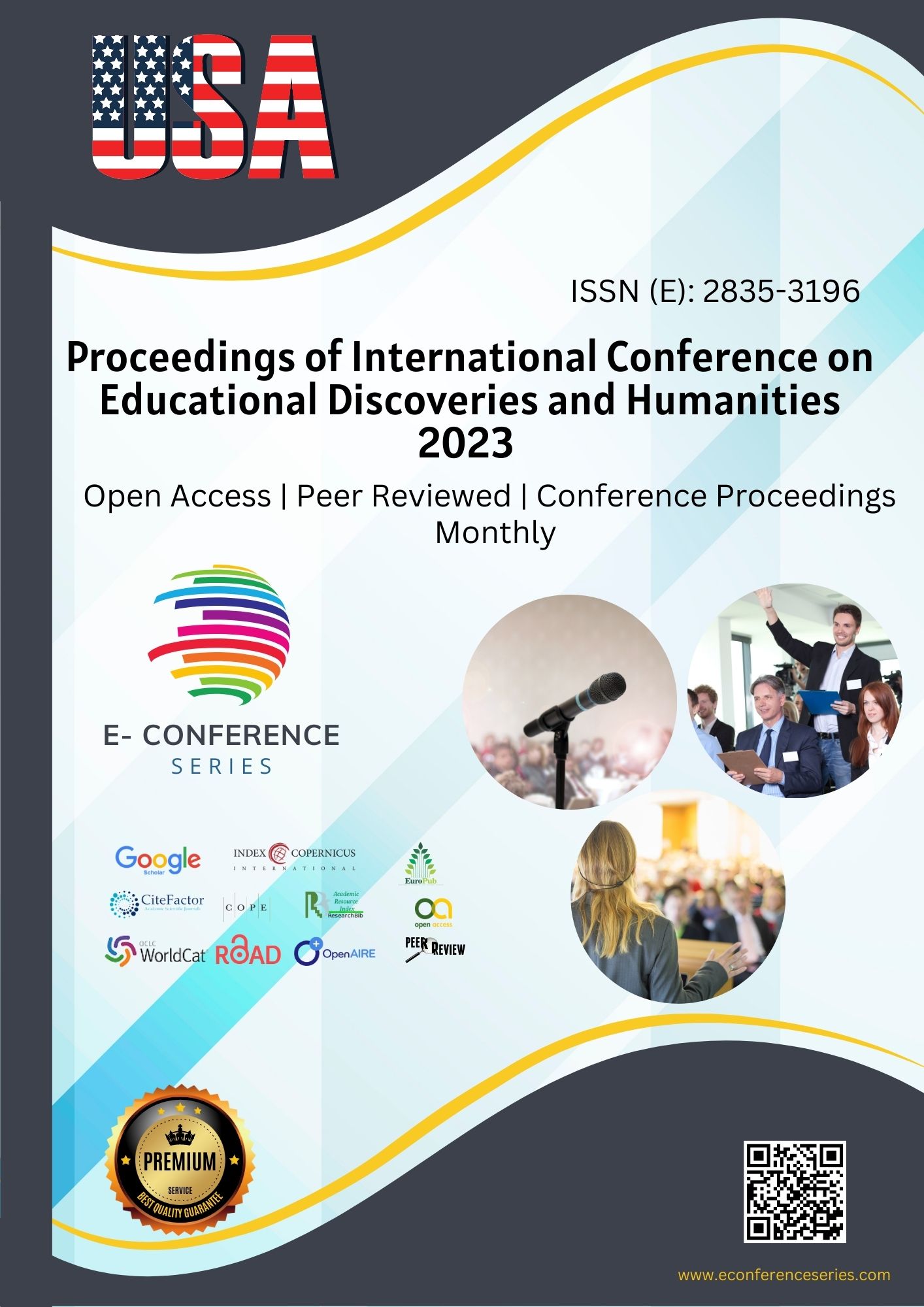EXAMINING THE IMPACT OF GROUP DISCUSSIONS ON PROMOTING GRAMMATICAL ACCURACY WITHIN A COMMUNICATIVE CONTEXT
Keywords:
Group Discussion, solve problems, communication skillsAbstract
Effective communication involves not only conveying ideas but also expressing them with grammatical precision. In this context, group discussions play a pivotal role in fostering grammatical accuracy within a communicative setting. This article explores the profound impact of group discussions on language development, emphasizing how collaborative discourse enhances linguistic skills. One of the primary advantages of group discussions lies in the diverse perspectives that participants bring to the table. Within a communicative context, individuals are exposed to varied linguistic expressions, styles, and structures. As group members engage in conversations, they unconsciously correct each other's grammatical errors, contributing to a collective understanding of proper language usage. This collaborative learning process creates an environment where participants learn not just from instructors but also from their peers.
References
Brumfit, Christopher; The communicative approach to language teaching; Oxford : Oxford University Press; 1979
Burnham A (2008). ‘The people project’. The Guardian, 16 January 2008, p30.
Bottery M (2004). The challenges of educational leadership. London: Sage.
Brown G (2007). ‘Wider and deeper, Brown sets out agenda’. The Guardian, 14 November, p12
Mercer N (2000). Words and minds: how we use language to think together. London: Routledge.
Watkins C (2005). Classrooms as learning communities: what’s in it for schools? Abingdon, Oxon: Routledge.
Downloads
Published
Issue
Section
License

This work is licensed under a Creative Commons Attribution-NonCommercial 4.0 International License.








